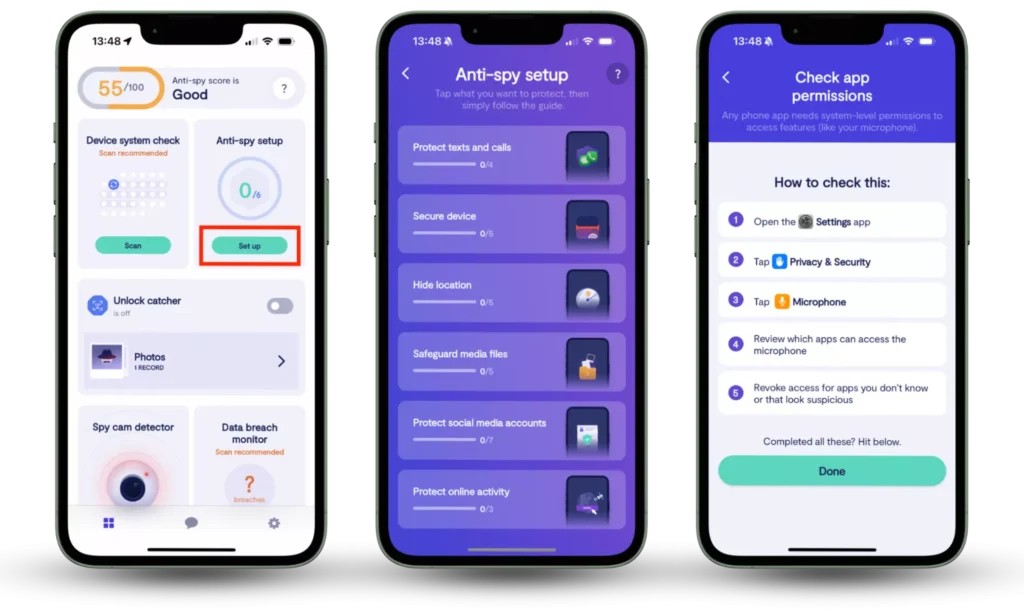The internet has become an integral part of our lives, allowing us to connect, learn, and explore. However, this digital world also raises concerns about privacy and security. One common question is whether using incognito mode on your browser can shield you from prying eyes, including those of law enforcement agencies like the FBI. This article delves into the complexities of online privacy and explores the capabilities of both incognito mode and the FBI to shed light on this crucial issue.
This article will first explain how incognito mode works and its limitations. Then, we’ll examine the various tools and techniques the FBI employs for surveillance. We’ll specifically address whether incognito mode can protect your search history from FBI access and discuss the legal frameworks that govern data acquisition by law enforcement. Finally, we’ll offer some insights into online privacy considerations and best practices.
Incognito Mode Explained
Incognito mode, also known as private browsing, is a feature offered by most modern web browsers. When activated, it essentially creates a separate browsing session that doesn’t save your browsing history, cookies, site data, or temporary internet files on your device. This means that if you close the incognito window, your activity within that session will be effectively erased from your local machine.
However, it’s important to understand that incognito mode does not make you anonymous online. While it prevents your browser from storing your browsing data locally, it doesn’t hide your activity from websites you visit, your internet service provider (ISP), or other entities that may monitor network traffic. Your IP address, which identifies your device on the internet, remains visible to these parties.
FBI Surveillance Capabilities
The Federal Bureau of Investigation (FBI) possesses a wide range of sophisticated tools and techniques for conducting surveillance and gathering intelligence. These capabilities extend beyond traditional methods like wiretapping and physical surveillance to encompass digital realms as well. The FBI can utilize various legal mechanisms to obtain internet data, including search history, from individuals suspected of criminal activity.
One significant tool at the FBI’s disposal is the Foreign Intelligence Surveillance Act (FISA), which allows for the collection of electronic communications under certain circumstances. Additionally, the FBI can obtain warrants based on probable cause to access user data held by internet service providers and other online platforms. They may also employ malware and hacking techniques to infiltrate devices and networks, potentially gaining access to sensitive information.
Does Incognito Mode Protect Search History?
The short answer is no, incognito mode does not protect your search history from the FBI. While it prevents your browser from storing your searches locally, it doesn’t prevent websites you visit from recording them or other entities like your ISP from tracking your online activity. The FBI can utilize various legal and technical means to obtain your search history even if you’ve used incognito mode.
Remember that websites often track user behavior through cookies and other tracking technologies, regardless of whether you’re browsing in incognito mode. Your search queries may be logged by the website itself or shared with third-party advertisers and data analytics companies. Additionally, your ISP can potentially monitor your internet traffic and record your search history.
Legal Tools for Data Access
The FBI has several legal tools at its disposal to access user data, including search history. The FISA court allows for the collection of electronic communications under certain national security grounds. Warrants based on probable cause can be obtained from federal courts to compel internet service providers and online platforms to disclose user information.
Furthermore, the Stored Communications Act (SCA) permits law enforcement agencies to access stored electronic communications, such as emails and search history, with a court order. The FBI may also utilize subpoenas to obtain data from third-party companies that collect user information. These legal frameworks provide the FBI with significant authority to access online data, even if accessed through incognito mode.
Online Privacy Considerations
Protecting your online privacy is crucial in today’s digital landscape. While incognito mode offers some level of protection against local storage of browsing data, it’s essential to understand its limitations and adopt additional measures to safeguard your privacy. Consider using a reputable VPN service to encrypt your internet traffic and mask your IP address.
Be cautious about the information you share online and review privacy settings on websites and apps. Regularly update your software and security tools to protect against malware and hacking attempts. Remember that complete anonymity online is difficult to achieve, but by taking proactive steps, you can significantly enhance your privacy and security.
Conclusion
Incognito mode provides a degree of protection against local storage of browsing data, but it does not shield you from FBI surveillance or other entities monitoring your online activity. The FBI possesses sophisticated tools and legal frameworks to access internet data, including search history, even when accessed through incognito mode.
While complete anonymity online is challenging, adopting best practices like using a VPN, being mindful of shared information, and regularly updating security measures can significantly enhance your privacy. Remember that understanding the limitations of incognito mode and taking proactive steps to protect your online presence are essential for navigating the digital world safely and securely.



